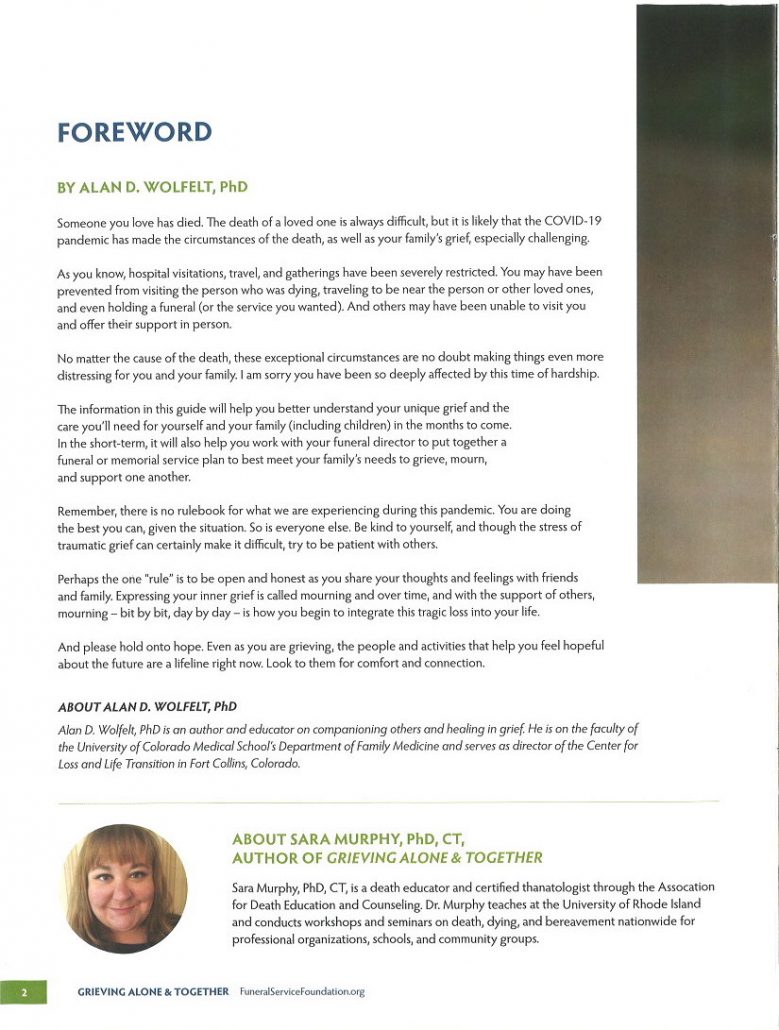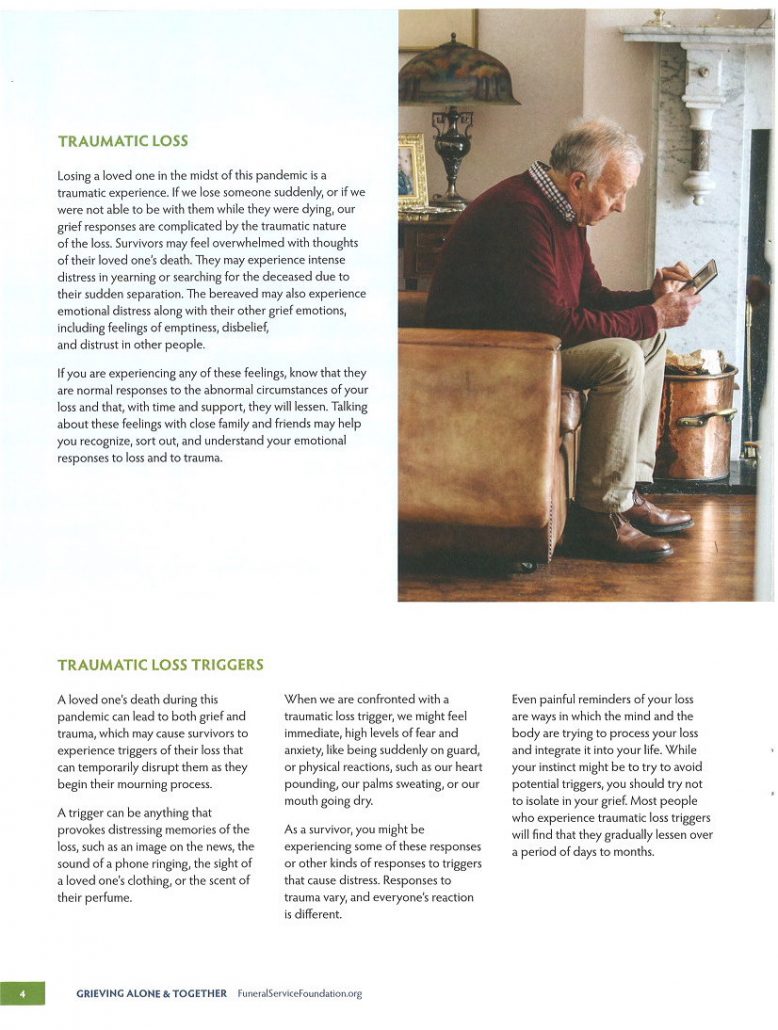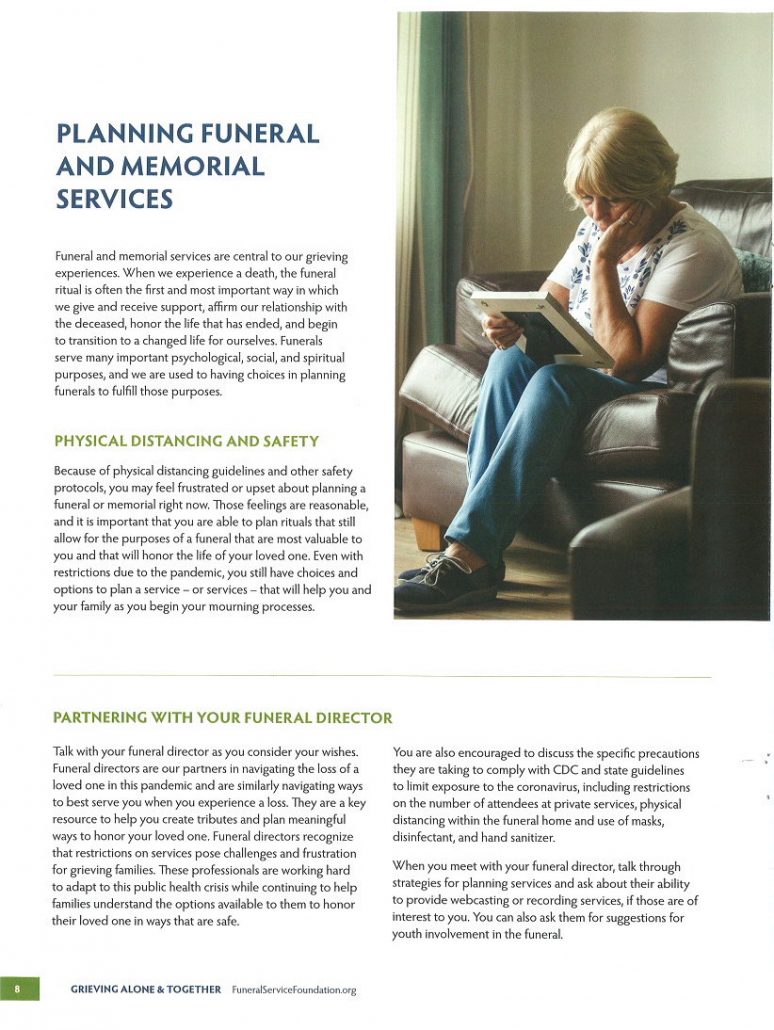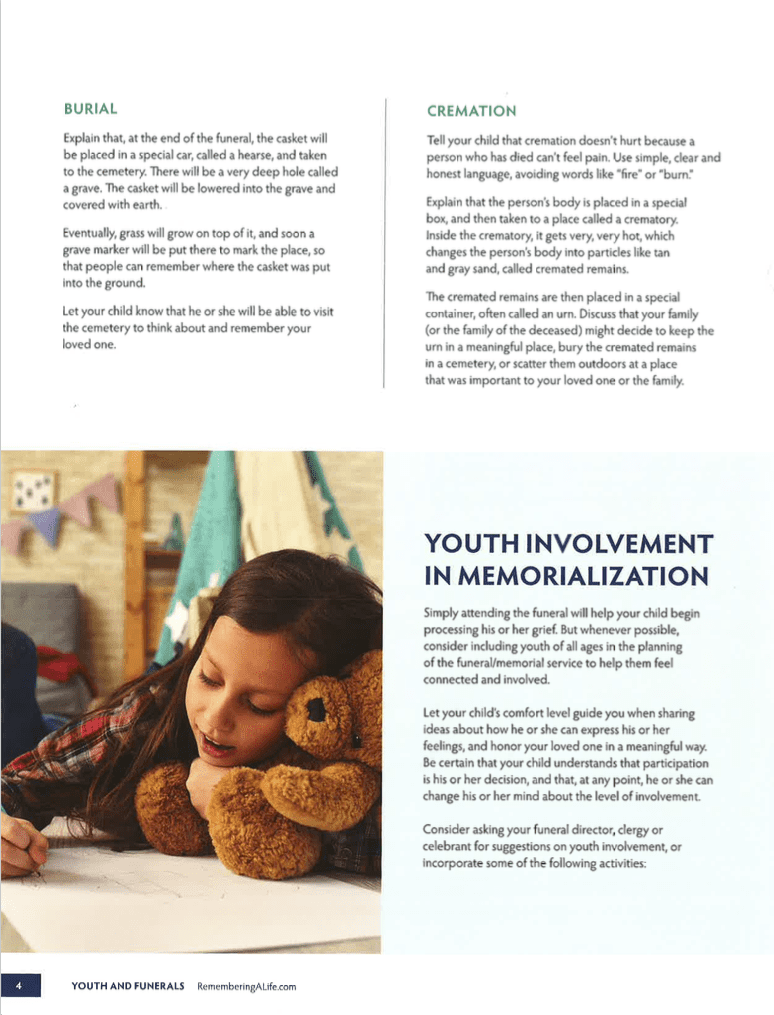Grief, Healing, and Honoring Your Loved One
Grief is a complex emotion to deal with and there are no exact steps to guide you on this journey. It is important to remember that grief looks different for each person, and the best way to cope with it is by finding the path which feels most comfortable for you. Here are some tips from AA Rayner and Sons Funeral Homes that can help you navigate your grief journey while honoring your loved one.
Give Yourself Time
It is important not to rush into anything while in the midst of mourning your loved one. Take time every day to process your feelings; this will allow you time and space to work through them on your own terms. Whether that means journaling, talking with friends or family, or just taking a moment for yourself, it all can help in the healing process.
Be with Friends and Family
Grieving can feel like a lonely journey, but the presence of understanding and supportive people can make a significant difference. It’s important to spend quality time with those who can empathize with your experiences, whether it’s virtual or in person. These people can offer comfort and be a source of solace during this challenging time.
Participate in Rituals or Spiritual Practices
Spirituality can bring comfort and peace during difficult times of grief. Incorporating practices like prayer or meditation can help open our hearts and minds to healing energies from within ourselves and the universe. Adding these practices to our daily routine can be a powerful tool for coping with loss.
Participate in a Grief Support Group
Joining a grief support group can be a powerful experience. Sharing stories and connecting with others who understand your pain can help you process your emotions in a welcoming and non-judgmental environment. This support system can provide valuable insights into managing feelings of loss and celebrating the life of loved ones.
Writing Down Memories
Writing down memories of a loved one is a powerful and meaningful way to honor their memory while also processing your own grief. It allows you to capture those special moments and keep them close, preserving them for future reflection. By writing down these memories, you can keep the memory of your loved one alive and ultimately find comfort and healing in the process.
Consult a Therapist
If you’re struggling with tough emotions such as grief, sadness, or anxiety, seeking professional advice is always a good practice. Especially if the emotions are severe, a therapist can help you come up with specific coping techniques tailored to your needs. Their invaluable guidance throughout the grieving process could lead to quicker healing over time than trying to navigate through it alone.
Memorializing with a Bronze Plaque
When you lose a loved one, it’s natural to feel a wide range of emotions as you come across things that are closely associated with them. These can be places, objects, or simple gestures that remind you of their presence in your life. By marking these spots with bronze plaques or other memorials, we create a tangible reminder of the love and memories that continue to linger on. Check it out for more info on how to create lasting memorials for those special people in your life.
The grieving process is unique to each person, and there is no “right” or “wrong” way to cope with loss. It is crucial to find what works best for you when mourning a loved one. You can honor their memory by taking some time every day to reflect, either alone or with loved ones who understand what you are going through. Marking special spots or items with a bronze plaque can also help ease some pain and bring forth remembrance and celebration.
For compassionate funeral, cremation, and memorial services in Chicago, visit AA Rayner and Sons Funeral Homes today.
























